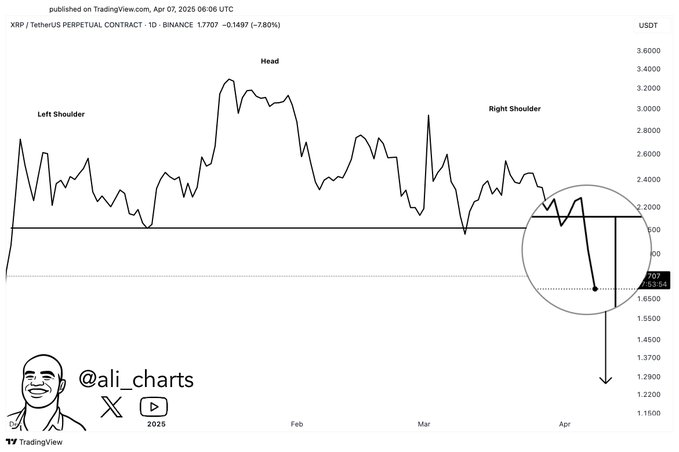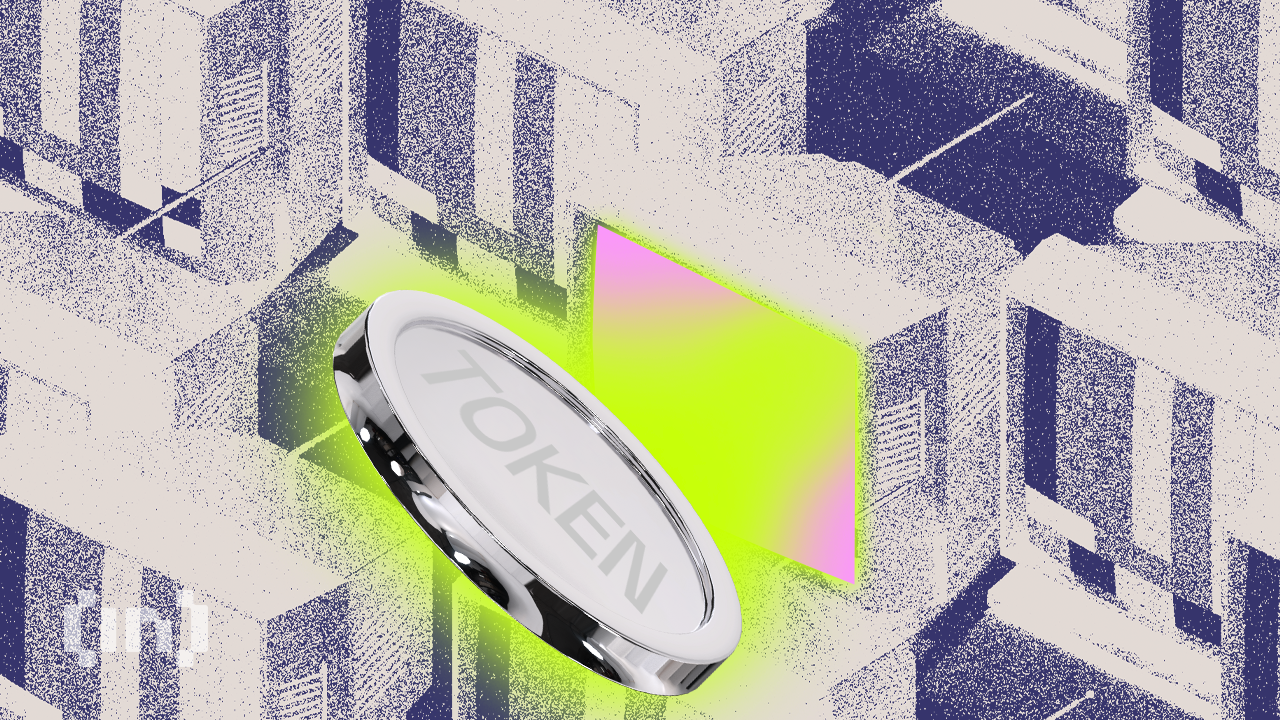New Hampshire Takes a Step Closer to Bitcoin Adoption: What Does This Mean for Residents and the World?
In a recent development that could potentially reshape the financial landscape of the United States, the New Hampshire House of Representatives passed a bill to create a “Bitcoin Reserve Fund.” This fund, if signed into law, would allow the state to hold Bitcoin as a legitimate reserve asset alongside traditional currencies.
Impact on New Hampshire Residents
For New Hampshire residents, this move could mean significant changes to their financial lives. Here are some potential outcomes:
- Increased adoption: With the state government leading the way, more businesses and individuals in New Hampshire may be encouraged to explore the use of Bitcoin and other cryptocurrencies.
- Stability: By holding Bitcoin as a reserve asset, the state could potentially insulate itself from economic instability caused by traditional currencies and central banks.
- Tax implications: The IRS currently treats Bitcoin as property for tax purposes, which could lead to complex tax situations for individuals and businesses dealing with the cryptocurrency.
- Security: As with any financial asset, there are risks associated with holding Bitcoin. New Hampshire residents may need to educate themselves on best practices for securing their digital assets.
Impact on the World
The potential implications of New Hampshire’s Bitcoin reserve bill extend far beyond the borders of the “Live Free or Die” state. Here are some ways this development could impact the world:
- Regulatory climate: If other states or even countries follow New Hampshire’s lead, it could signal a shift in the regulatory climate surrounding cryptocurrencies.
- Financial innovation: The use of Bitcoin as a reserve asset could lead to further innovation in the financial sector, with new products and services designed to help individuals and businesses manage their digital assets.
- Global economic power: As more countries and regions explore the use of cryptocurrencies, the balance of economic power could shift away from traditional financial institutions and towards decentralized systems.
It’s important to note that the passage of this bill is just the first step in a potentially long process. The bill still needs to be signed into law by New Hampshire Governor Chris Sununu and could face challenges in the Senate. Even if it does become law, it will take time for the state to build up its Bitcoin reserves and for the broader implications to be fully realized.
Conclusion
The New Hampshire House of Representatives’ decision to pass a bill creating a Bitcoin Reserve Fund is a significant development in the world of cryptocurrencies. While the implications for New Hampshire residents and the world are still uncertain, it’s clear that this move could lead to increased adoption, financial innovation, and a shift in the balance of economic power. As always, it’s important for individuals and businesses to stay informed and educate themselves on the potential risks and benefits of working with digital assets.
Stay tuned for updates on this developing story, and in the meantime, feel free to reach out with any questions or comments.





